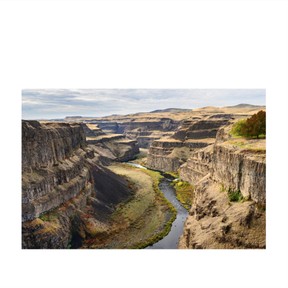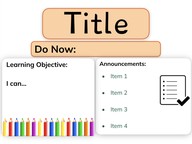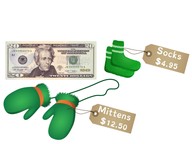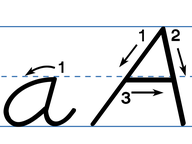
Volcanic landforms and geothermal activity
I can name landforms and geothermal features made by volcanic activity...



8,000 schools use Gynzy
92,000 teachers use Gynzy
1,600,000 students use Gynzy
General
Students will continue with this volcano unit by learning about different volcanic landforms and how they are formed, including calderas, craters, and volcanic plateaus. They will also learn about geothermal features: hot springs, geysers, fumaroles, and mud pools. This lesson is filled with great visuals, an engaging video, and ends with a fun and competitive review game.
Standards
4-ESS1-1
4-ESS2-2
Learning Objective
Students will be able to describe volcanic landforms and geothermal features and explain how they are each formed.
Introduction
The lesson begins with a review of prior knowledge about magma and volcanoes. Next, students watch a quick video and then work with a partner to discuss a few questions related to the video.
Instruction
Students learn about different volcanic landforms while viewing different images of real-life examples like Quilotoa Lake and Diamond Head Crater in Hawaii. Next, they go over the different geothermal features displayed and labeled on a diagram. With a partner, students will compare any of the two geothermal features they learned about.
Quiz
There are some true or false questions followed by multiple-choice questions on the descriptions/definitions of different landforms and geothermal features.
Closing
The lesson ends with a review game. Students are allowed to use their notes. They make their way across the board, defining different terms like, “magma,” “caldera,” and “fumarole.”
Teaching tips
When comparing geothermal features, have your students create a T-chart or venn diagram. Graphic organizers like this can be very effective and helpful for students to organize their thoughts.
The online teaching platform for interactive whiteboards and displays in schools
Save time building lessons
Manage the classroom more efficiently
Increase student engagement
Discover more!
About Gynzy
Gynzy is an online teaching platform for interactive whiteboards and displays in schools.
With a focus on elementary education, Gynzy’s Whiteboard, digital tools, and activities make it easy for teachers to save time building lessons, increase student engagement, and make classroom management more efficient.



